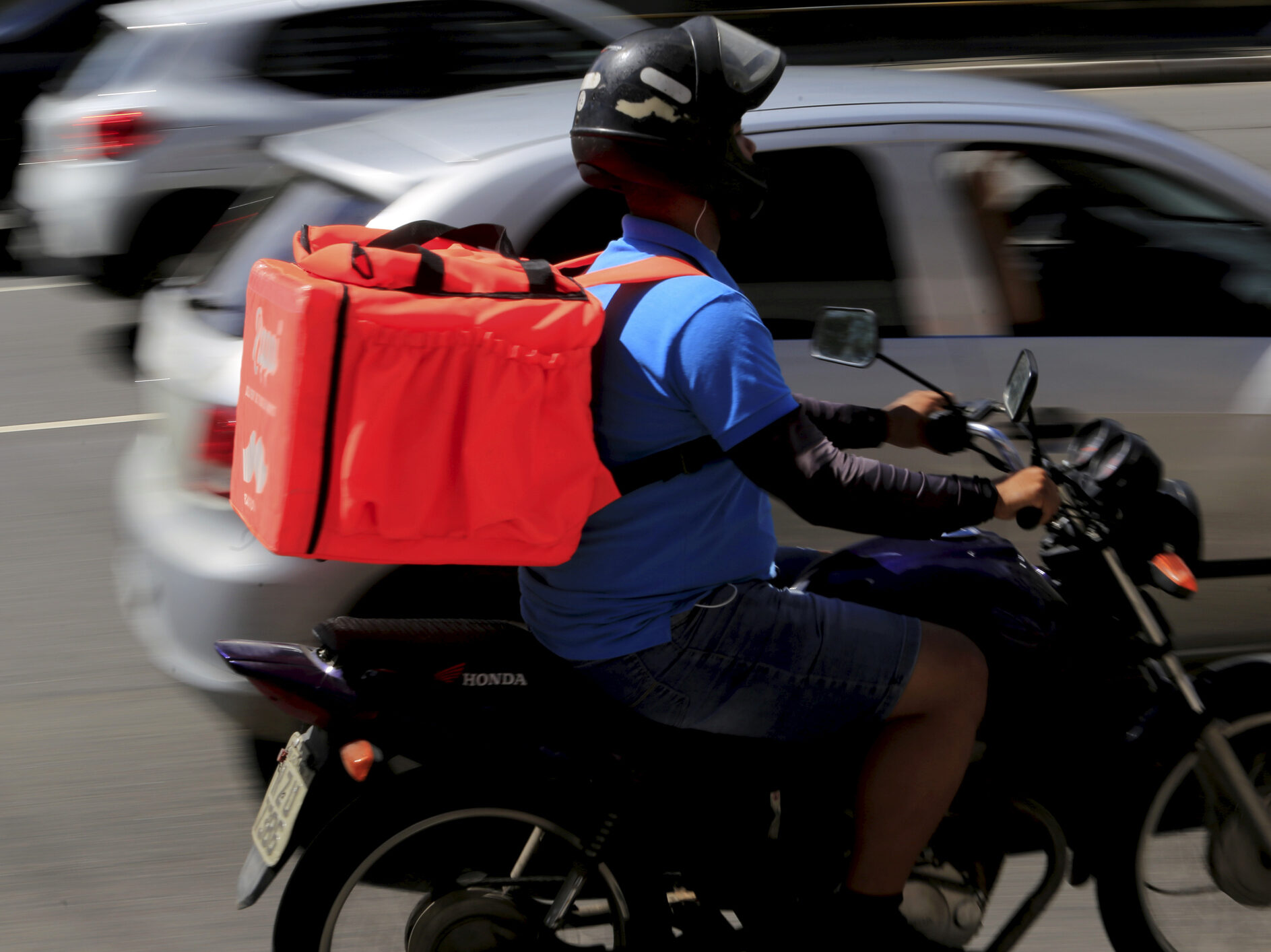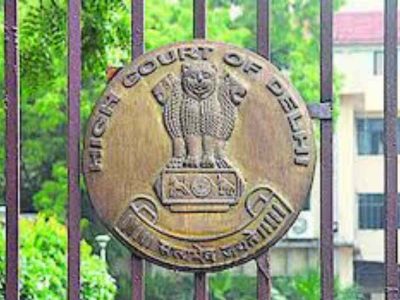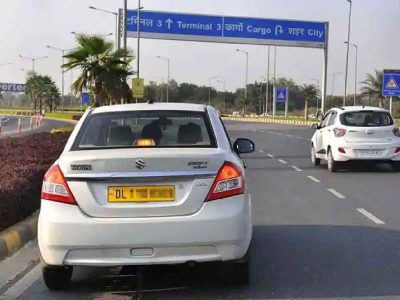In 2016, it was reported that Gurugram-based e-grocery delivery service Grofers will be shutting shops in nine cities across the country. The reasons cited were the wafer-thin profit margins, lukewarm demand and increasing waste — which flowed from the second reason.
Later, when new competitors like BigBasket, Amazon Fresh and others entered the market and found their business booming during the Covid-19 pandemic, it was reported that Grofers’ profits were struggling to stay above water.
In 2021, the e-grocery startup rebranded itself as Blinkit, and two months ago, started with its new USP which promised delivery of groceries and other essential items in only 10 minutes. However, just a few months later, the service was looking to raise funds to stay afloat. They even started laying off employees owing to a serious cash crunch with competitors like Swiggy and Zepto doing really well.
Currently, Blinkit has 2,000 employees on payroll and some 30,000 employees on-ground. The lay-off will impact 5% of these employees and the overall service it intends to offer in major cities across the nation.
Moreover, Blinkit has shut down 40 of its dark stores which were lying vacant or unused. Dark stores are the retail outlets or distribution centres that cater exclusively to online shopping and sales. Reports also state that in a bid to raise more money, the company is planning to sell any non-essential infrastructure.
Luckily for Blinkit, they secured a $100 million investment from Zomato earlier this week, and are in talks with securing $300 million more. The new investment, according to reports, will be used to improve the brand image, extend the manpower and build a strong network across major cities in the country.
Earlier this month, it was reported that Blinkit removed locations from its network where they cannot deliver the order in 10 minutes. Not only did this affect employees catering for these locations, but also kicked out potential customers. The company has also started charging high surge fees during peak demand hours. While they charge a delivery fee of Rs 19 for orders less than Rs 400 and Rs 9 for orders more than Rs 400, the surge fee ranges from Rs 20 to Rs 50 and isn’t really feasible for the customer during peak hours.
Finance analysts say that these moves by Blinkit are only to appease the investors and fulfil any profitability demands. Once the investment is secured and used for the primary phase of business operations, the company is likely to withdraw these and introduce more offers for customers instead.
Meanwhile, on social media, the company has received a lot of criticism regarding the ways in which on-demand deliveries and deadlines pressurise gig workers. Concerns were raised about the physical and mental toll it takes on delivery agents as they risk everything to deliver the order in 10 minutes lest they lose the commission and waste their time too.
However, Albinder Dhindsa, co-founder and CEO of Grofers, took to Twitter to clear the air around this controversy. In the tweet, he stated that while Delhi and Gurgaon have more than 60 and 30 stores respectively, all the delivery agents are located within a 2-km radius of the customer, thus ensuring efficient and fast delivery.
He further assured that there have been zero rider accidents since they launched the service and that the corporate has not coerced any delivery agent to deliver orders fast. “Our stores are so densely located that we can deliver 90% of the orders within 15 minutes even if our riders drove under 10 kmph!”, he said.
However, customers on social media have stated that the delivery agents often seem anxious, scared and nervous if they are running late by even a minute.
As Blinkit is riddled with issues, both internally and externally, it will have to use the investment from Zomato in the best way if it doesn’t want to rebrand itself yet again five years down the line.
For more stories that cover the ongoings of Delhi NCR, follow us on:
Instagram: https://www.instagram.com/thepatriot_in/
Twitter: https://twitter.com/Patriot_Delhi
Facebook: https://www.facebook.com/Thepatriotnewsindia





